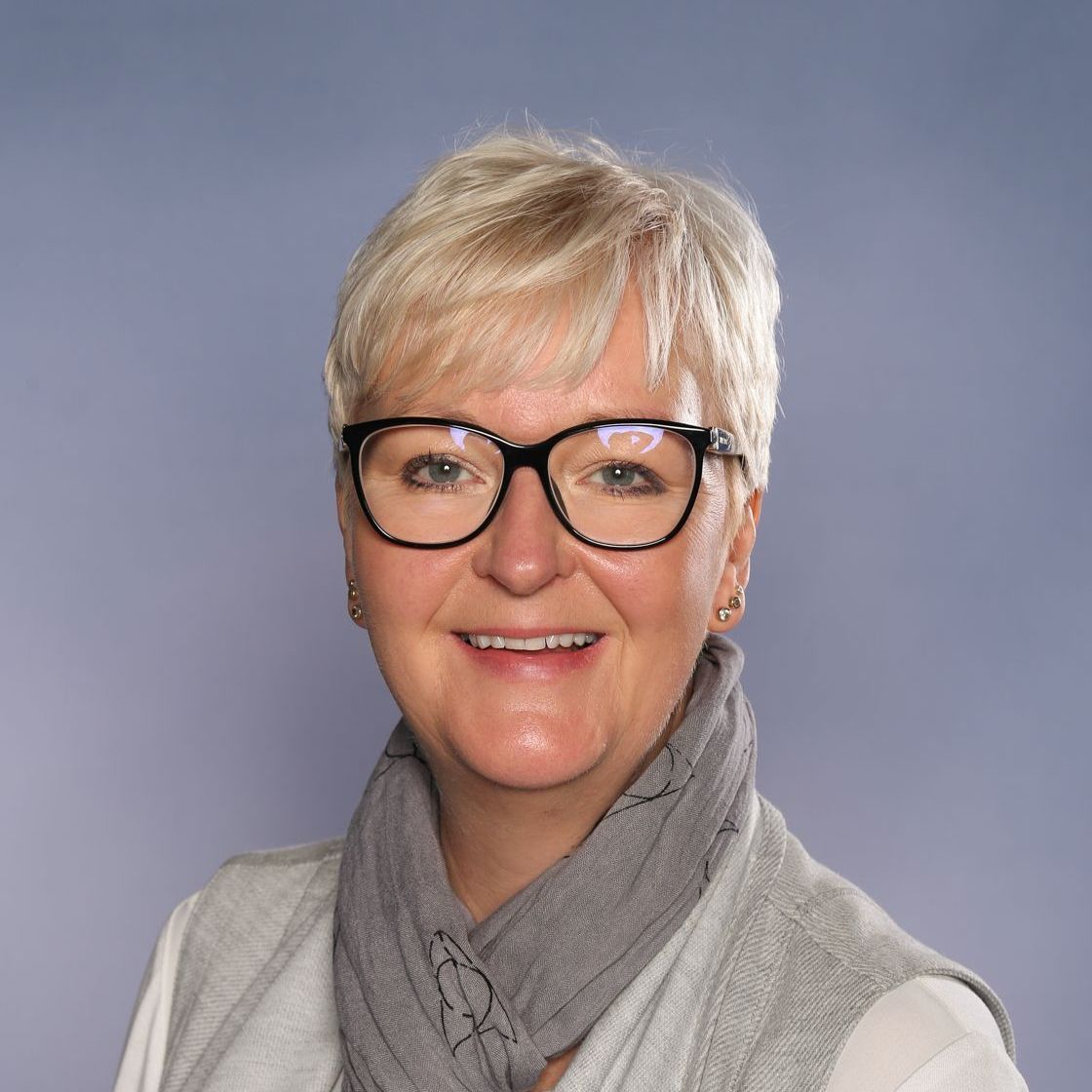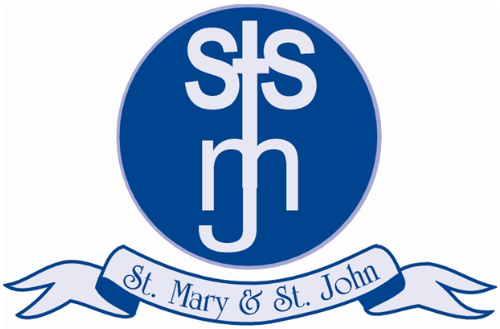How Mathematics is taught at St. Mary and St John Catholic Primary School?
The content and principles underpinning the 2014 Mathematics curriculum, 2020 Development Matters EYFS and the Maths curriculum at St Mary and John Catholic Primary School reflect those found in high-performing education systems internationally, particularly those of east and south-east Asian countries such as Singapore, Japan, South Korea and China. These principles and features characterise this approach and convey how our curriculum is implemented:
• Teachers reinforce an expectation that all children are capable of achieving high standards in Mathematics. The large majority of children progress through the curriculum content at the same pace.
• Differentiation is achieved by emphasising deep knowledge and through individual support and intervention.
• Teaching is underpinned by methodical curriculum design and supported by carefully crafted lessons and resources to foster deep conceptual and procedural knowledge.
• Practice and consolidation play a central role. Carefully designed variation within this builds fluency and understanding of underlying mathematical concepts.
• Teachers use precise questioning in class to test conceptual and procedural knowledge and assess children regularly to identify those requiring intervention, so that all children keep up.
• To ensure whole consistency and progression, the school uses the White Rose Maths Hub planning and assessment tools. The DFE funded Maths Hubs programme continues to ensure that staff at all levels understand the pedagogy of the approach.
• New concepts are shared within the context of an initial related problem, which children are able to discuss in partners. This initial problem-solving activity prompts discussion and reasoning, as well as promoting an awareness of maths in relatable real-life contexts that link to other areas of learning.
• In KS1, these problems are almost always presented with objects (concrete manipulatives) for children to use. Children may also use manipulatives in KS2. Teachers use careful questions to draw out children’s discussions and their reasoning.
• The class teacher then leads children through strategies for solving the problem, including those already discussed. Independent work provides the means for all children to develop their fluency further, before progressing to more complex related problems.
• Mathematical topics are taught in blocks, to enable the achievement of ‘mastery’ over time. Each lesson phase provides the means to achieve greater depth, with more able children being offered rich and sophisticated problems, as well as exploratory, investigative tasks, within the lesson as appropriate.
• In the EYS setting the White Rose maths guidance is used, work is related to the mathematics strand, incorporating number and shape space and measure. Children are presented with practical mathematical experiences with a firm foundation in sorting, experience in measures, shape and space, pictorial representations, number, problem solving and the growing use of mathematical language. The work that children undertake will often be integrated within other areas of learning.


